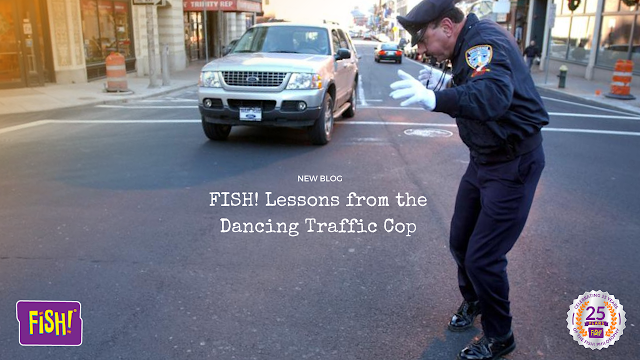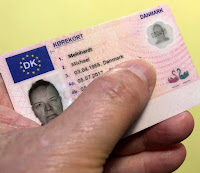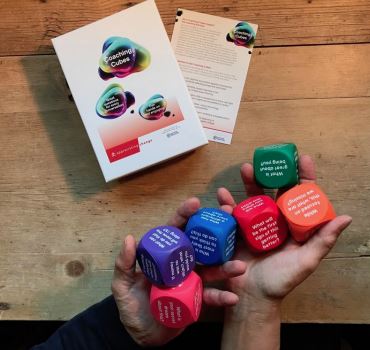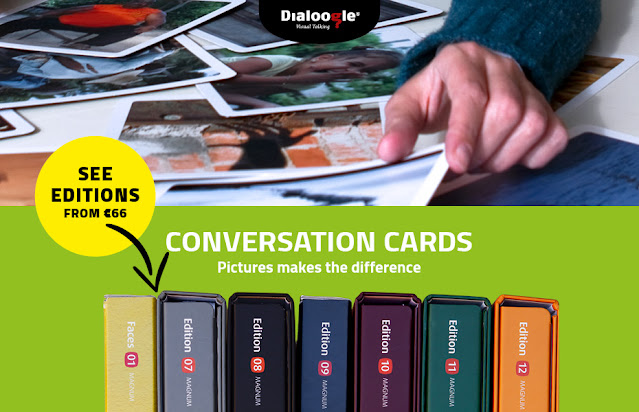FISH! Lessons from the Dancing Traffic Cop

Have you ever heard of a man named Vic Cianca? If the name doesn’t ring a bell, don’t worry: he’s one of the many unsung heroes of the world who make their communities just a little bit better by virtue of being themselves. Vic Cianca was a traffic cop in Pittsburgh who was beloved for his, shall we say, unique ways of directing traffic every day on the job. Rather than just standing there, pointing the way with his arms, he truly made the job his own–from pretending to fall asleep when distracted drivers failed to move, to pleading with traffic to keep going, to even using legs and other limbs to direct cars, Cianca turned this one intersection into his own Jester’s Court every day he worked. He even gained some notoriety for his antics: not only did everyone in the city love him, but his passion and humor even made it into the hit 1980’s movie Flashdance , where he served as inspiration for Jennifer Beals’ would-be dancer. Sadly, Vic Cianca passed away in 2010 at the age of 92,









